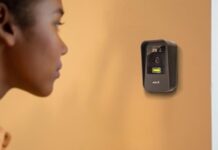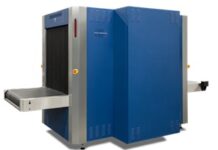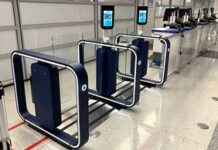
The Inception 3.2 firmware update has now been released from Inner Range. With this latest firmware release, users can present biometric credentials as well as traditional access cards to gain entry.
Facial recognition, fingerprint scans and iris scans can all now be used as access credentials and this allows for more advanced security configurations for clients. For example, during office hours users could present either a face scan, or card or PIN to access a building but after-hours facial recognition is revoked and users must present both a card and PIN.
Inception users can also present virtual credentials on their mobile phones via a Rest API protocol to gain entry, in another addition to the system. The Rest API protocol is version 4.
The update also includes a new functionality for customers to add their own custom branding and logos to the system that are seen when someone logs in to the system, or when they produce a PDF or HTML report.
It also allows security managers to freeze credentials if they are lost or stolen. Credentials can be marked as ‘inactive’ so they cannot be used. But they are not deleted from the system, saving time and hassle when a user needs to be reinstated. If a rogue user attempts to use the credentials, the system withholds access and notifies the system manager.
Nirovision’s identity recognition platform is one of the first to take advantage of Incepcion’s new biometric credential features. Developed by Nirovision, the integration allows users to unlock doors as their face is detected by a camera











